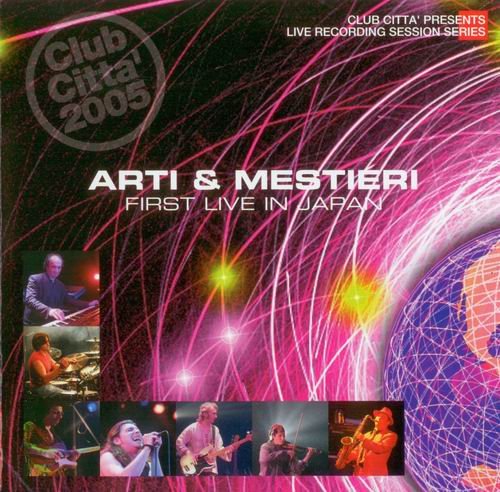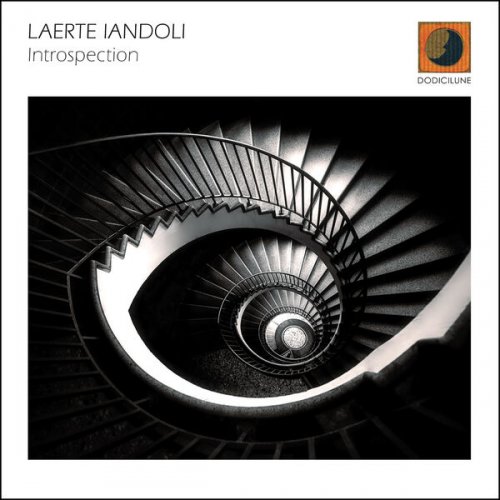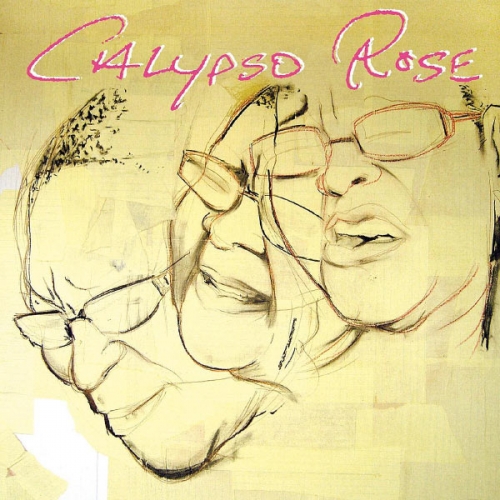Mia Doi Todd - Floresta (2014)
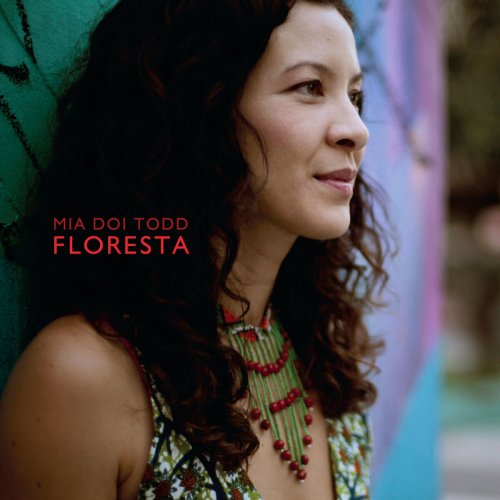
Artist: Mia Doi Todd
Title: Floresta
Year Of Release: 2014
Label: City Zen Records
Genre: Vocal Jazz, Bossa Nova, World
Quality: FLAC (tracks)
Total Time: 38:57
Total Size: 191 MB
Tracklist:Title: Floresta
Year Of Release: 2014
Label: City Zen Records
Genre: Vocal Jazz, Bossa Nova, World
Quality: FLAC (tracks)
Total Time: 38:57
Total Size: 191 MB
1. Mistérios (4:01)
2. Chovendo na Roseira (3:25)
3. Menina, Amanhã de Manhã (3:43)
4. Luz do Sol (4:41)
5. O Vento (4:28)
6. Ewé (3:02)
7. Portal da Cor (4:03)
8. Segredos Vegetais (4:59)
9. Preciso Me Encontrar (3:12)
10. Cais (3:23)
In 2009, songwriter Mia Doi Todd toured Brazil. On 2011's Cosmic Ocean Ship, she included a cover of Baden Powell's "Canto de Lemanjá" and wrote "Paratay," her own version of a bossa nova. These exercises and a lifelong love of the country's music went into Floresta, a covers collection of Brazilian songs, a foregone conclusion. In 2009, she met percussionist/drummer Mauricio Takara (Rob Mazurek Octet, São Paulo Underground). His family owns Estudio el Rocha in São Paulo, where this set was recorded. Together they enlisted a Brazilian band that includes seven-string guitarist Fabiano do Nascimento, who, like Todd, now lives in Los Angeles. Her other sidemen all play music in a variety of genres and grew up with the songs chosen here, but had never played them. The material encompasses the rainbow offering of Brazilian song. While there are classics here, including Tom Jobim's "Chovendo Na Roseira" and Tom Zé's "Menina Amanhã de Manhã" — both sambas from different sides of the spectrum — there are also traditional songs such as "Ewe," which came to Brazil via West Africa and Yoruban sources. Interestingly, despite the band's pedigree, there is an unmistakable, laid-back, L.A. post-hippie feel here. It's loose, but focused on nuance and essence. Todd's reading of Joyce's "Misteriosos," from the classic Feminina album, seamlessly melds bossa and MPB. While Caetano Veloso's "Luz du Sol" is as lithe as one might expect, the opposite is true in the two songs by Milton Nascimento. "Portal da Cor" is poignant and striking in a far more skeletal arrangement, while "Cais" is more structured than the songwriter's ballad from Clube Da Esquina — his album-length celebration of the artists of Minas Gerais — yet no less dreamy. There is a gorgeous version of Antonio Candeia's forlorn, minor-key, Latin-flavored samba "Preciso Me Encontrar" (from his 1976 album Cartola). It is less dramatic than the songwriter's or the duet by Marisa Monte and Zeca Pagodinho, but no less powerful. With her airy, slightly smoky alto, Todd approaches this material with respect and as someone to whom these songs mean a great deal (check her reading of Dori Caymmi's profound "O Vento"). As an interpreter she sings like she wants to share these songs, rather than leave her mark on them. The academic construct of authenticity isn't an issue because her encounter with this material is emotionally true. Add to this that she had to learn to sing them in Portuguese and the musicians were playing them often for the first time, and the spirit of discovery is rife. Floresta is a gem. It brings the honesty of Brazilian music in all its harmonic and poetic richness to listeners without artifice or affectation.
Download Link Isra.Cloud
Mia Doi Todd - Floresta FLAC.rar - 191.6 MB
Mia Doi Todd - Floresta FLAC.rar - 191.6 MB

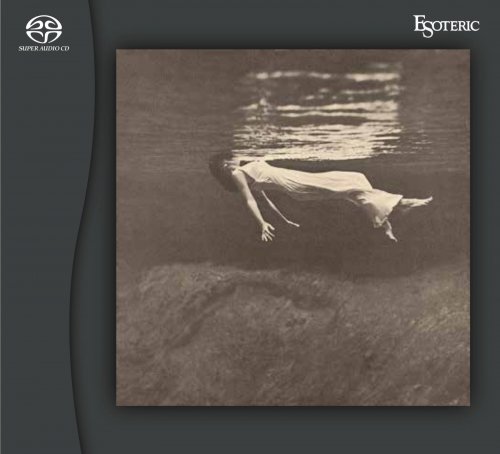
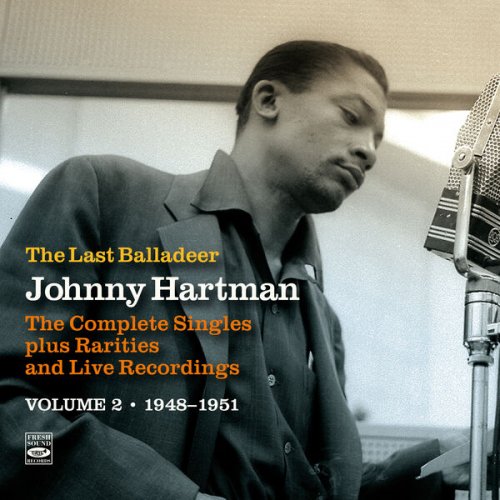
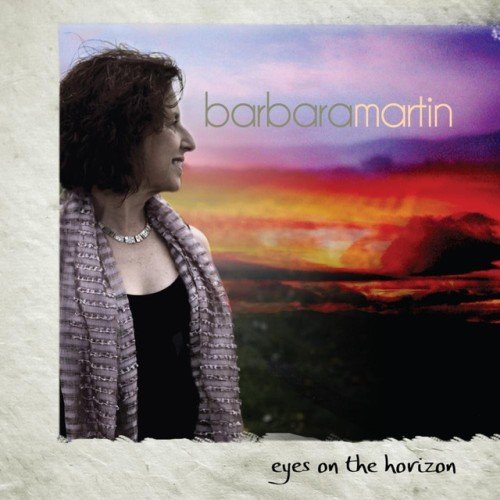
![Chad Lefkowitz-Brown - City Spirit (2026) [Hi-Res] Chad Lefkowitz-Brown - City Spirit (2026) [Hi-Res]](https://www.dibpic.com/uploads/posts/2026-02/1772171883_y3mc4z2lmsr7a_600.jpg)
![Maluca Beleza - Des Rivages (2026) [Hi-Res] Maluca Beleza - Des Rivages (2026) [Hi-Res]](https://www.dibpic.com/uploads/posts/2026-02/1772208763_cover.jpg)
